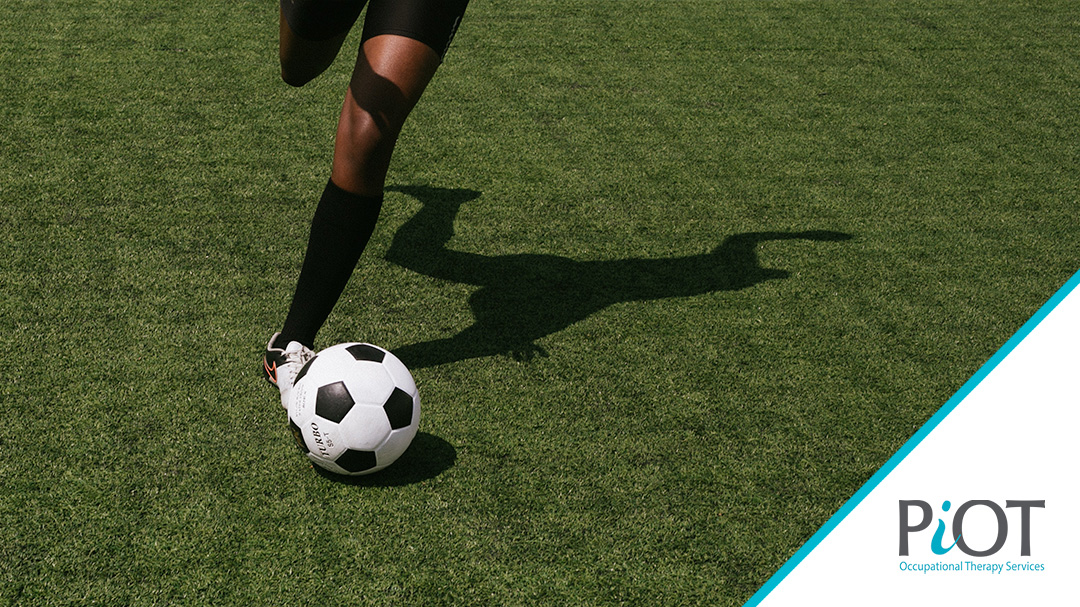
27 Sep Be Prepared for Fun
The fall season is here, bringing with it a return to school and activities. People of all ages will be participating in much awaited group and individual sports pursuits, such hockey, football, cycling, hiking, skating, and skiing, and other physical activities. Unfortunately, this season also brings with it a rise in incidents of concussions. After a summer of not engaging in these sports, some participants may be overexuberant to start the season and may not be as careful as they should be. While their enthusiasm is admirable, personal safety should not be overlooked.
For team sports, from preschool to university and beyond, the advice remains the same. Listen to your coaches. Their top priority is player safety. Proper training and practise will keep you aligned with your level of skill. Keep this in mind, especially for contact sports like football and hockey, where concussions may occur if players get carried away in the excitement of the moment.
For all activities, make sure that you have all of the protective equipment necessary for your respective sport, and inspect it to make sure that it is in good repair. Proper footwear and helmets, protective padding and other equipment are crucial to protecting you from concussion, should you have a fall or become involved in an altercation where a head injury may occur. Be sure that all your major equipment, like your bike and your skis are in good condition. Have them tuned up for the beginning of the season.
Some accidents are unavoidable. It is important to know the signs of concussion should you have a mishap while engaging in your sport. You may experience some or all of these symptoms.
Physical
Headache, pressure in the head, dizziness, nausea or vomiting, blurred vision, sensitivity to light or sound, ringing in the ears, balance problems, feeling tired or low energy, drowsiness or “Don’t feel right”.
Cognitive
Not thinking clearly, feeling slowed down, feeling like “in a fog”, problems concentrating, or memory problems
Emotional
Easily upset or angered, sadness, nervous or anxious, or feeling more emotional.
Sleep-related
Sleeping more or less than usual or having a hard time falling asleep.
It is important to seek medical attention and not ignore the symptoms of a suspected concussion. Proper recognition and management of your symptoms will help your recovery and return to work, sport and everyday life in the best way possible. Remember that recovery is a gradual process. It may take days, weeks, or months. For further information, please visit the Canadian Guideline on Concussion in Sport by Parachute.
Physical activity has many benefits to you both physically and mentally. Participate and enjoy the return to these pursuits, but be sure to do it safely.

